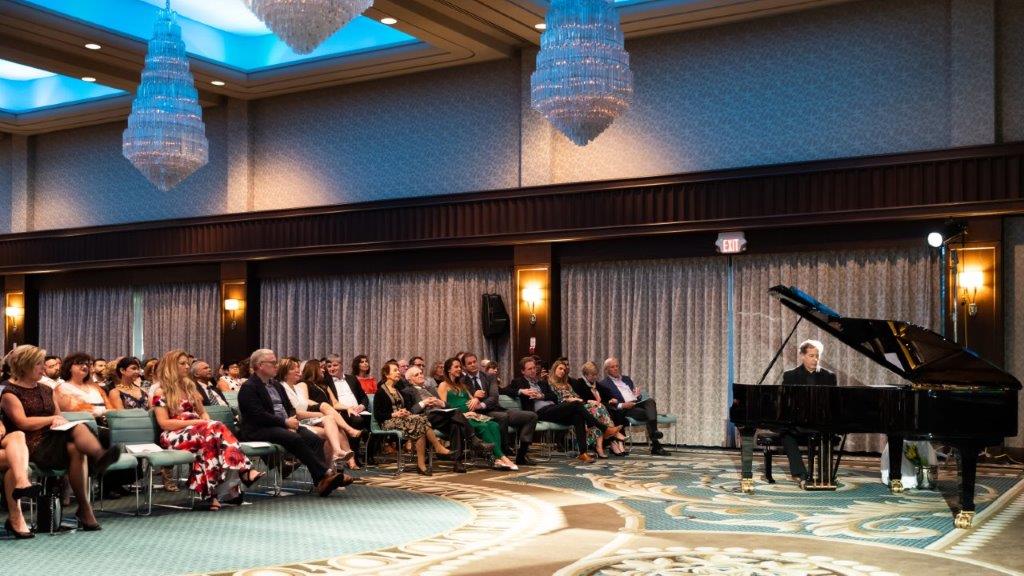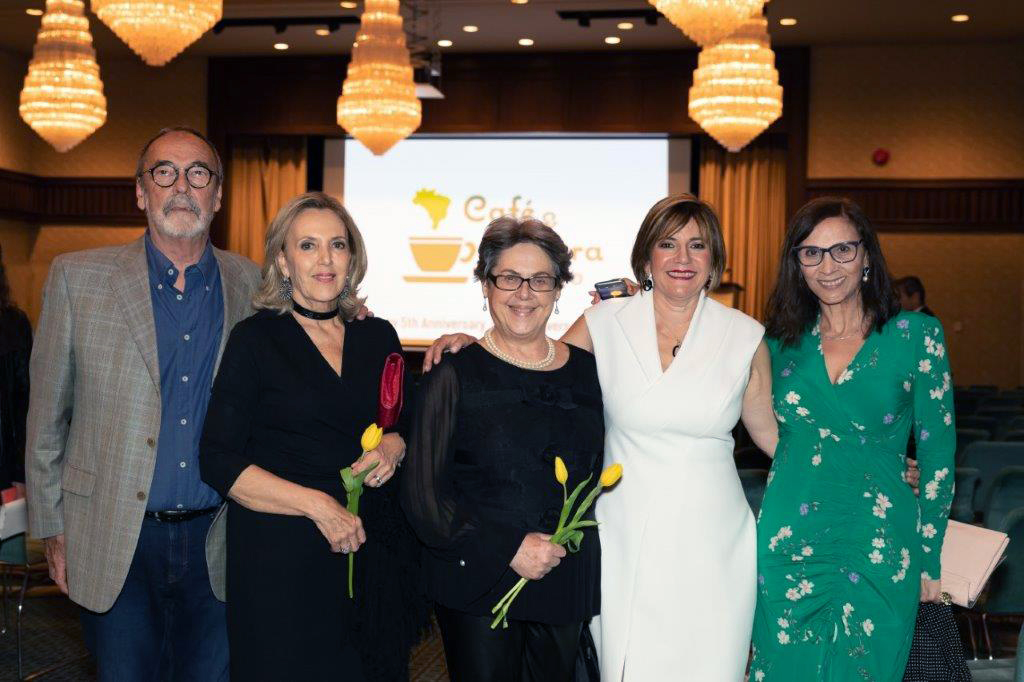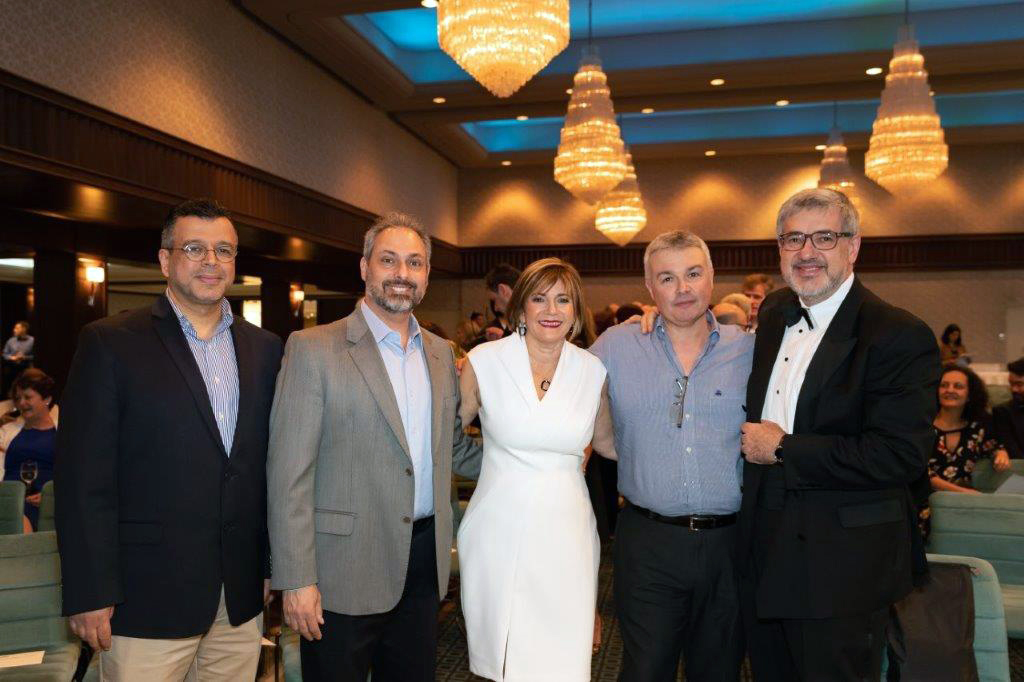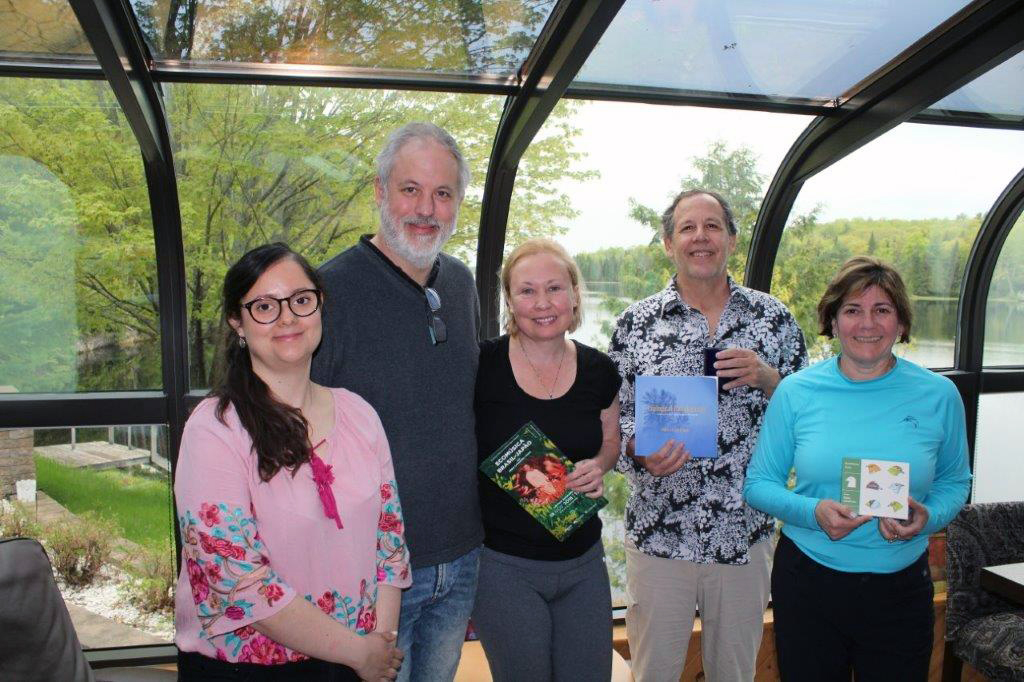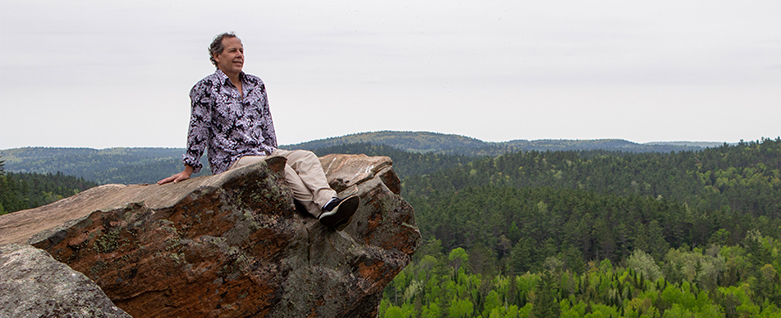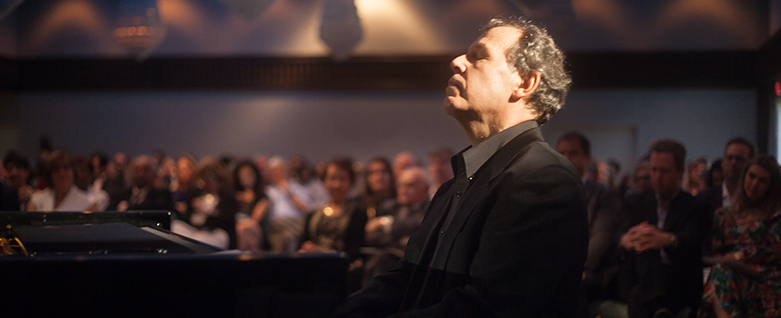Bossa Online Magazine
The symphony of the birds
INTERVIEW WITH FABIO CARAMURU BY MADALENA SOUSA – EDITOR IN CHIEF – BOSSA MAGAZINE
Whether in the forest, the countryside, or even in the midst of the noise of the big city, has always been an inspiration for the work of great masters of music, such as composers Tom Jobim and Chico Buarque, authors of the verses of the Sabiá song. However, the melodies emitted by about 10,000 species, spread throughout planet Earth, has brought contributions, which go far beyond art. The use of bioacoustics is one of them – a tool that has been fundamental for the discovery of the real diversity of birds in the Amazon Forest.
Inspired by the variety of sounds in the forest and passionate about nature, the composer and pianist Fábio Caramuru created the “Ecomúsica Project”, an artistic initiative based on the sounds of nature. “Music is always created from the sound of an animal.” The purpose is to make audio and video recordings and produce live concerts related to nature, bringing together music and the environment.
Fabio Caramuru (1956) studied in Paris in the 1980’s with the legendary pianist Magda Tagliaferro (1893-1986), with a French Government scholarship. He won several awards, and has been playing regularly – solo or with an orchestra – in Brazil, USA, Canada, Asia and Europe. After dedicating himself for several years to a conventional pianistic career, Fabio expanded his area of per-formance in 1997, when he did research and created arrangements and recordings based on the songs of the Brazilian composer Tom Jobim, in order to record a CD and for his masters degree at São Paulo University.
In 2004, Fabio started to develop a differentiated work by releasing ‘Moods Reflections Moods’ and ‘Bossa in the Shadows’. He has also created the duo ‘Brazil on Two Pianos’ alongside the pianist Marco Bernardo, dedicated to the Brazilian repertoire. Highlights of his solo career are concerts at ‘Europalia International Arts Festival’ with the ‘Brussels Philharmonic’, with the ‘Sao Paulo State Symphony Orchestra’ and ‘Jazz Symphony’ in Brazil, as well as shows at locations such as ‘Zinc Bar’, in New York City, the ‘Moods Jazz Club’, in Zurich, and ‘Havana International Jazz Festival’, in Cuba. The project has already presented the albums ‘EcoMusica|Dialogues between a piano and Brazilian fauna’ (2015) and ‘EcoMusica | Aves’ (2018).
The first brings conversations between the piano and 16 species of animals found in Brazil – birds, insects and amphibians. In addition to the sounds, the natural scenes are part of the productions. The second brings pieces interacting with the sounds of 20 different birds found in Japan and it was totally inspired by Fábio Caramuru’s 2017 ‘EcoMusica Japan Tour.’ “My trip to Japan was decisive inspiration”, says Fábio, who organized a special concert to celebrate 110 years of Japanese Immigration in Brazil.
“The album ‘EcoMúsica | Aves’ brings sounds of different species that fly over Japanese territory. Caramuru, creator of the concept, highlights the importance of the sounds of nature for the compositions. “The creations are not merely illustrated by the sounds and images of nature, but rather conceived from these elements, in a process of true interaction and harmony,” says the musician, who believes in the project as a mission. “I believe that this didactic and environmental mission of highlighting the songs of animals is very important. Many are already extinct, usually by the action of man, Among the compositions are the songs “Uirapuru”, a bird known popularly as a musician or mustache, “Canário da terra”, a species admired for the strong chirping song, “Sapo cururu”, an amphibian that emits a serious and repetitive sound , and “Harpia”, music inspired by the strong song of the species, which is in danger of extinction in the Atlantic Forest,” explains the author.
The Cigarra, an insect whose sound can reach 120 decibels, also served as inspiration for one of the album’s songs. According to the composer, using sounds in the works that sometimes bother people is a way to make them admire nature. “I think it works. You put focus, a careful and reverent look at the animal.” he said.
In his new released album, “Dialogues of a piano with Brazilian fauna” proposes a dialogue between the instrument and sounds of birds, insects and an amphibians. Although unusual, this work is not a detour in the life of this artist. He used recorded sounds from the Unicamp University’s Fonoteca Neotropical Jacques Vielliard (FNJV), and is the beginning of a larger project dedicated to uniting music and the environment.
Despite having pursued a traditional career as a classical music performer – and having had the privilege of being one of Magda Tagliaferro last students – Fabio has always demonstrated that his musical interests spanned a broader spectrum, be it as an interpreter / arranger of Tom Jobim’s work, or as improviser / creator in recordings such as Moods Reflections Moods, to cite just two examples. “Although I enjoy this (traditional) repertoire, I have been dedicating myself for the first time to my own language, in tune with a strong desire to create with freedom, to be coherent and sincere musically,” he says.
In the recording “Dialogues of a piano with Brazilian fauna”, Fabio worked with Unicamp’s (University of Campinas) collection of phonograms. The first selection had almost thirty recordings of sounds picked up by experts. There were records of some mammals as well. He ended up opting for the ones that he considered most appro-priate to the concept of the CD: “I wanted to perform a delicate and subtle work in which the recorded sounds had the greatest potential to amalgamate with the piano. I also tried to approach sonorities of familiar animals. With the exception of “Uirapuru”, I have seen and heard personally all the animal “participants” on the CD.” he says.
After listening to the sounds, over the course of about 30 days, Fabio created the structures and motives that somehow made sense to dialogue with each recording. There were many images, memories of situations and places where he could hear them throughout his life.
In his own words, Fabio explains how the sound of a bird can lead him to see the whole universe around him: “For example, when I heard the “Quero-Quero”(Bird), a vast field was drawn in my imagination, with little vegetation. The white Anu sent me to a desolate place, with many clouds. And the cricket and the mysterious “Uirapuru”, presented more nocturnal sounds.”
The idea was to use different composition procedures: imitation (bem-te-vi, sabiá, araponga), integration (cicada), contrast (tuim), accompanied melody (tangará), among others. Note that the structures are simple and repetitive so that the listener can indulge in hearing the different bands as if they were intonation mantras.
To end our interview I asked Fabio what was the idea behind the Eco-Music project.
FC: EcoMúsica is a project that provides audio and video recordings of various themes related to the Brazilian nature. There are a multitude of animals and places that can generate new work. The original idea was to install a piano in wild environments and dialogue with the animals, with the images and sounds characteristic of the landscapes. In April, we released the first video, “Cigarra”, recorded on a farm in the municipality of São Carlos, SP, which already has had 30,700 views on YouTube [fusion_builder_container hundred_percent=”yes” overflow=”visible”][fusion_builder_row][ type=”1_1″ background_position=”left top” background_color=”” border_size=”” border_color=”” border_style=”solid” spacing=”yes” background_image=”” background_repeat=”no-repeat” padding=”” margin_top=”0px” margin_bottom=”0px” class=”” id=”” animation_type=”” animation_speed=”0.3″ animation_direction=”left” hide_on_mobile=”no” center_content=”no” min_height=”none”][click here to see] The basic principle of the project is the strong impulse that I have to create music in tune with what Brazil has that is beautiful, positive and surprising. I respect many musicians who go through conventional careers, interpreting the traditional repertoire. This requires exceptional dedication, many hours of study and living in an environment with considerable comparison and competition. Although I like this repertoire, for some time now. I try whenever possible to carry out projects that reflect my intimate artistic needs at the moment. This was the work with Tom Jobim, Camargo Guarnieri and Inah Sandoval in the 1990s, with the children’s CD Dó Ré Mi Fon Fon (2002), with free improvisation works (Moods Reflections Moods and Bossa in the Shadows) and now with the CD Dialogues of a piano with Brazilian fauna, the first accomplishment of the project EcoMúsica. In parallel, soon, Echo Promociones, a company that produces cultural events that I created in 1988, will hold the “Afro-Brazilian Concerts”, which will highlight the rich production of Afro-Brazilian concert music. With these projects, I always strive to prioritize the national culture. It is also important to mention that the CD is a tribute to my father, Ronald Caramuru, who left us in 2015, author of the illustrations of birds that illustrate the CD “EcoMúsica Conversas de un piano com a fauna brasileira”. (“EcoMúsic / Conversations of a piano with the Brazilian fauna”.
MS: Fábio has performed ‘EcoMúsica Concerts’ in major venues in Brazil, such as ‘Sala São Paulo’ and ‘Auditório Ibirapuera’, interacting with sounds of the animals and the images projected on a large screen. The ‘EcoMúsica Videos’ have been recorded in natural, stimulating locations, taking the piano, and other artists, to amazing places, such as the Iguazu Falls, the mountains of the Rio de Janeiro State and the Brazilian countryside.
‘EcoMúsica Videos’ has already released Cicada (2016), Tico-Tico (with choir, 2017), Bem-te-vi (with choir), Harpy Eagle (with the dancer Ismael Ivo), Macaws (2018) and Hidorigamo (2018).
By Madalena Sousa/Editor In Chief
